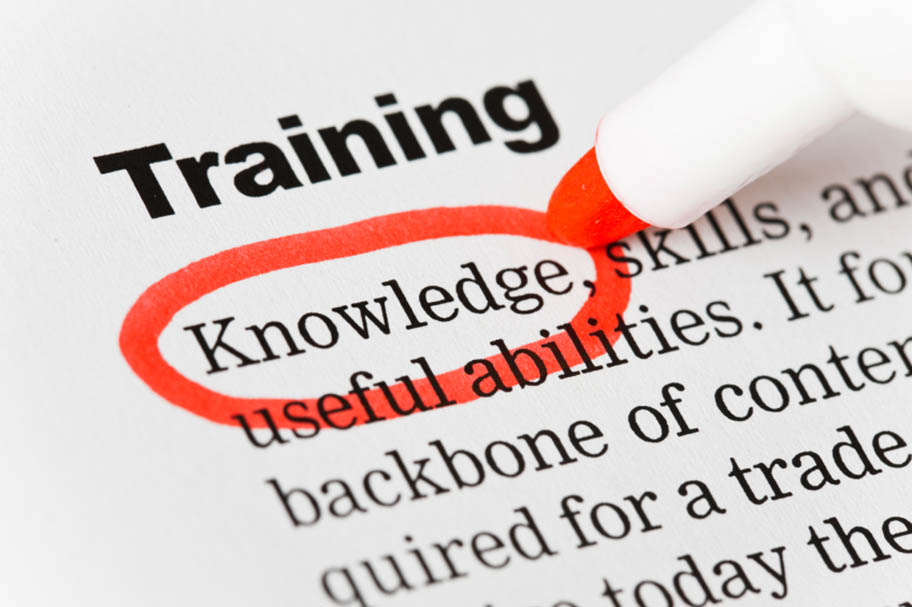Teaching English as a second language or ESL, as it is commonly known, requires you to have reliable teaching material. For most tutors, finding reasonably priced materials is a great concern. This is where a resourceful website or library comes in. If you can access the web, visit aqui to find plenty of such materials at a cheap price.
Because most sellers will overprice the lesson plans and ESL teaching materials, it is advisable that you equip yourself with tips for obtaining them at a cheap price. That is why this publication is dedicated to providing such methods. Read on to learn more.
Using Internet Sources :
Today, the internet seems to hold answers to most of the questions that we have. The web is full of numerous material to help ESL tutors. Some of the materials are easily downloaded while others create interactive forums while in class. Video sites also provide a great opportunity to learn the best approach to your teaching methods. The biggest tip here is to source for a low price or for free ESL material when possible. This will call for detailed research to get something worth using at a low cost.
Talk to Various ESL Tutors :
Whether you will talk to them face-to-face, by phone, email or any other means, they can be a great source for the material that you need. Most of them have something to share with you as you also share what you have. Some ESL tutors have forums on social media platforms, and you could take advantage of this. The good thing with this approach is that it is free of charge. On very rare occasions, will you come across a fellow tutor selling a lesson plan or any other teaching material to you?
Using Typical Everyday Material :
For a creative ESL tutor, there are numerous materials in your hands that you could use. Learn to illustrate using the typical everyday items that you already have at hand. In the event that you need to use more materials, you could ask the students to bring them to class.
The students can bring old books from home. Then, you can sort the books to find the ones that suit beginners and those for the advanced students. Cookbooks and magazines are also very helpful and less costly when used well.
Use DIY Material :
If the budget is very tight, ESL tutors can create their own lesson plans and other teaching schedules. With a personal computer, office suite software will come in handy to prepare some worksheets. Some research on the internet can expand your mind on such ideas.
Technological advancement also allows you to make voice recordings or a video for your students to help them learn better. With reliable software, it is an easy task even to give instructions on the essential things for students to remember. If need be, some of your friends can help you create a conversation aimed at helping the students.
Conclusion :
ESL can be fun to teach if you have enough material. Since the material can be costly, using the above methods to reduce cost is advisable. Be sure that the options are working well and offer the necessary help to your students. You can even read more to understand whether your child requires more support from professionals to learn English the right way.
Read More :






















